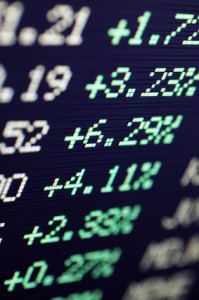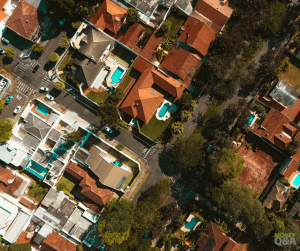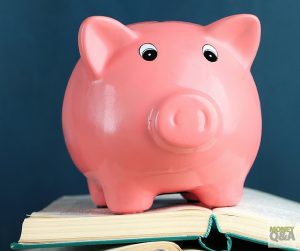 It appears that the major economies around the world are arriving – albeit at different paces – at a turning point. After years of cautious talk about possible recovery, the clamoring from the markets for a raise in interest rates will surely soon lead to some action.
It appears that the major economies around the world are arriving – albeit at different paces – at a turning point. After years of cautious talk about possible recovery, the clamoring from the markets for a raise in interest rates will surely soon lead to some action.
But what does this actually mean for those of us who aren’t active investors?
Most people are aware of the primary impact of a rise in interest rates: tracker mortgage, credit card and loan repayments will quickly increase, as well as the cost of new borrowing. So if you’re thinking of borrowing for a house, car or anything else it might be better to act sooner rather than later (and go for the fixed rate option).
So, bad news for anyone owing money. There is a silver lining, though: just as interest rates on your mortgage will go up, so it will on your savings. As you can imagine, that encourages most people to save their money instead of spending it, which is exactly what the government are hoping for. Keeping spending in check slows down the economy so that they can keep it in control.
Finally, if you want to use your well-timed loan or burgeoning savings account to buy yourself a holiday, you might find that an interest rate rise has the welcome surprise effect of making your foreign currency cheaper. That’s because high interest rates attract investors, which in turn makes local currency stronger. Learn spread betting with IG.
If, for instance, the Bank of England raises interest rates then British banks are suddenly more attractive to investors everywhere, and the pound becomes worth more in comparison to other currencies. That effect is slightly negated if all major economies raise their interest rates at the same time though.


 Buying a home in a new subdivision can be exciting. You’re often the first person to live in your home, and it likely will have many of the latest features and amenities. But there’s a danger too — one I know only too well.
Buying a home in a new subdivision can be exciting. You’re often the first person to live in your home, and it likely will have many of the latest features and amenities. But there’s a danger too — one I know only too well. Whenever you’re selling a big ticket item, it’s usually a good idea to put in a little prep work before you show it to prospective buyers. There are ways that you can prepare your diamonds for sale. In the same way that you might repaint a house or clean out a car before selling it, there are some steps you can take before you
Whenever you’re selling a big ticket item, it’s usually a good idea to put in a little prep work before you show it to prospective buyers. There are ways that you can prepare your diamonds for sale. In the same way that you might repaint a house or clean out a car before selling it, there are some steps you can take before you 
 The appropriate software is something that can not only help your company thrive and be streamlined, but it can also help your business save a great deal of money by investing in software. There are plenty of different software programs out there that can help companies maximize profits and have a much great
The appropriate software is something that can not only help your company thrive and be streamlined, but it can also help your business save a great deal of money by investing in software. There are plenty of different software programs out there that can help companies maximize profits and have a much great 